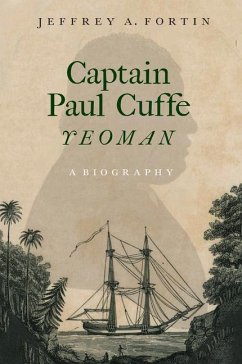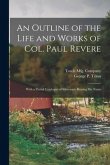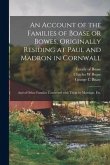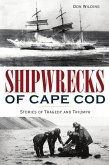"Paul Cuffe is best understood as a member of the Black founding fathers in the United States. Born in 1759 on Cuttyhunk Island in Massachusetts, Cuffe emerged from anonymity to become the most celebrated African-American sea captain during the Age of Sail. Cuffe was a well-known abolitionist, veteran, and community activist, and celebrity followed him as he built a shipping empire. Cuffe and his Black crews shook the foundations of systemic racism by sailing into ports where slavery was legal. He established the first racially integrated school in the United States in Westport, Massachusetts, and is considered the leader of America's first back-to-Africa movement. Jeffrey A. Fortin describes Cuffe's experiences in vivid detail and places them within the broader history of the Early Republic, revealing the central role of African Americans in the founding of the United States. Fortin situates Cuffe within a fascinating Atlantic world where race and identity were fluid, and Africans and African Americans sought to build and govern a free Black nation in West Africa"--
Hinweis: Dieser Artikel kann nur an eine deutsche Lieferadresse ausgeliefert werden.
Hinweis: Dieser Artikel kann nur an eine deutsche Lieferadresse ausgeliefert werden.








